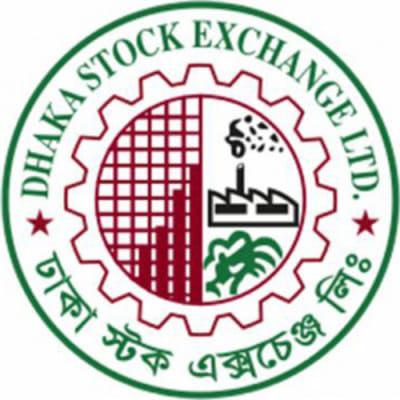Widen tax gap between listed, non-listed firms

Capital market operators yesterday urged for widening the gap in tax rates between listed and non-listed companies in order to encourage more firms to float shares in the stock market, which they said would eventually increase overall revenue collection and improve corporate governance.
At present, the tax rate for listed and non-listed companies is 20 per cent and 27.5 per cent respectively, indicating a gap of 7.5 percentage points.
A couple of years ago, the gap in tax rates between listed and non-listed companies in the stock market was 10 percentage points, said M Shaifur Rahman Mazumdar, managing director of the Dhaka Stock Exchange (DSE).
"Our proposal is to spread the difference of corporate tax rates between listed and unlisted companies at 12.5 per cent," he said while placing the proposal on behalf of the DSE to the National Board of Revenue (NBR) at its headquarters in Agargoan, Dhaka.
The NBR organised the meeting to note the views and recommendations of various stakeholders, including businesses, as a part of its preparation to frame tax proposals for fiscal year 2022-23 beginning from July.
Chaired by NBR Chairman Abu Hena Md Rahmatul Muneem, bankers and insurance companies also placed tax proposals apart from the stock market stakeholders at the discussion.
The DSE demanded a 5 percentage points cut in the tax rate for listed companies to 15 per cent for the next fiscal year.
The DSE said only 354 companies are listed with the bourse while thousands of companies remain out of the capital market and depend on the banking sector for finance even though the capital market could be a big source of funds for them.
Only 10 corporate bonds are listed.
The market capitalisation to gross domestic product is 19 per cent whereas the ratio is much higher in India.
He said companies do not show interest in raising funds from the public by floating shares as the gap between tax rates is low.
"Specific tax strategy is needed for qualitative development of the capital market," he said while also demanding tax incentives to prop up the bond market.
Md Riyad Matin, secretary general of the Bangladesh Merchant Bankers Association, said overall tax collection will increase if more companies get listed with the stock exchange.
Corporate governance will increase as well, he added.
At the discussion, the Chittagong Stock Exchange urged the NBR to lift the tax on dividends, saying that it becomes double taxation as a company pays tax on its income before giving dividends to shareholders.
It also said the tax on dividend income may be considered as final tax liability.
Meanwhile, the Bangladesh Association of Banks (BAB) wanted the NBR to cut corporate tax to increase the capacity of banks and support credit growth.
In its proposal, the BAB also appealed the tax authority to consider 1 per cent loan loss provisioning as allowable expenditure.
In a separate proposal, the Bangladesh Insurance Association (BIA) demanded removal of 5 per cent gain tax on the earnings of life insurance policyholders.
As a result of the tax, the number of life insurance policyholders is declining, the BIA said in its proposal for fiscal year 2023-24.
The gain tax should be removed on small policyholders, he added.
To encourage health insurance, the trade body of insurers also urged the NBR to exempt the 15 per cent value added tax on health insurance premiums.
NBR Chairman Muneem said domestic revenue collection has to be increased to attain self-reliance in financing the country's expenditure.
"We will not have to beg for help from others once we are self-reliant. So, there is no alternative to increasing revenue collection," he added.

 For all latest news, follow The Daily Star's Google News channel.
For all latest news, follow The Daily Star's Google News channel. 



Comments